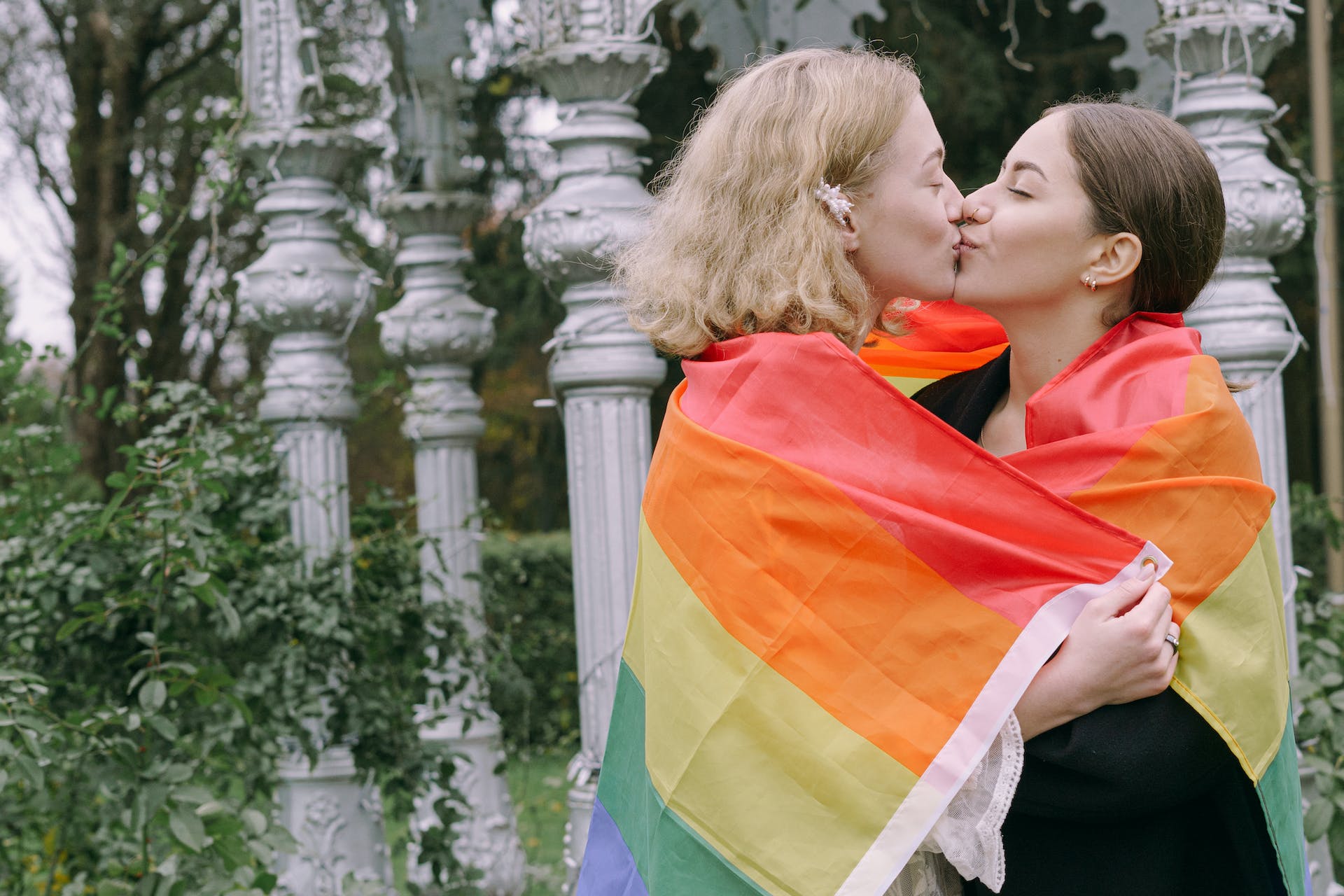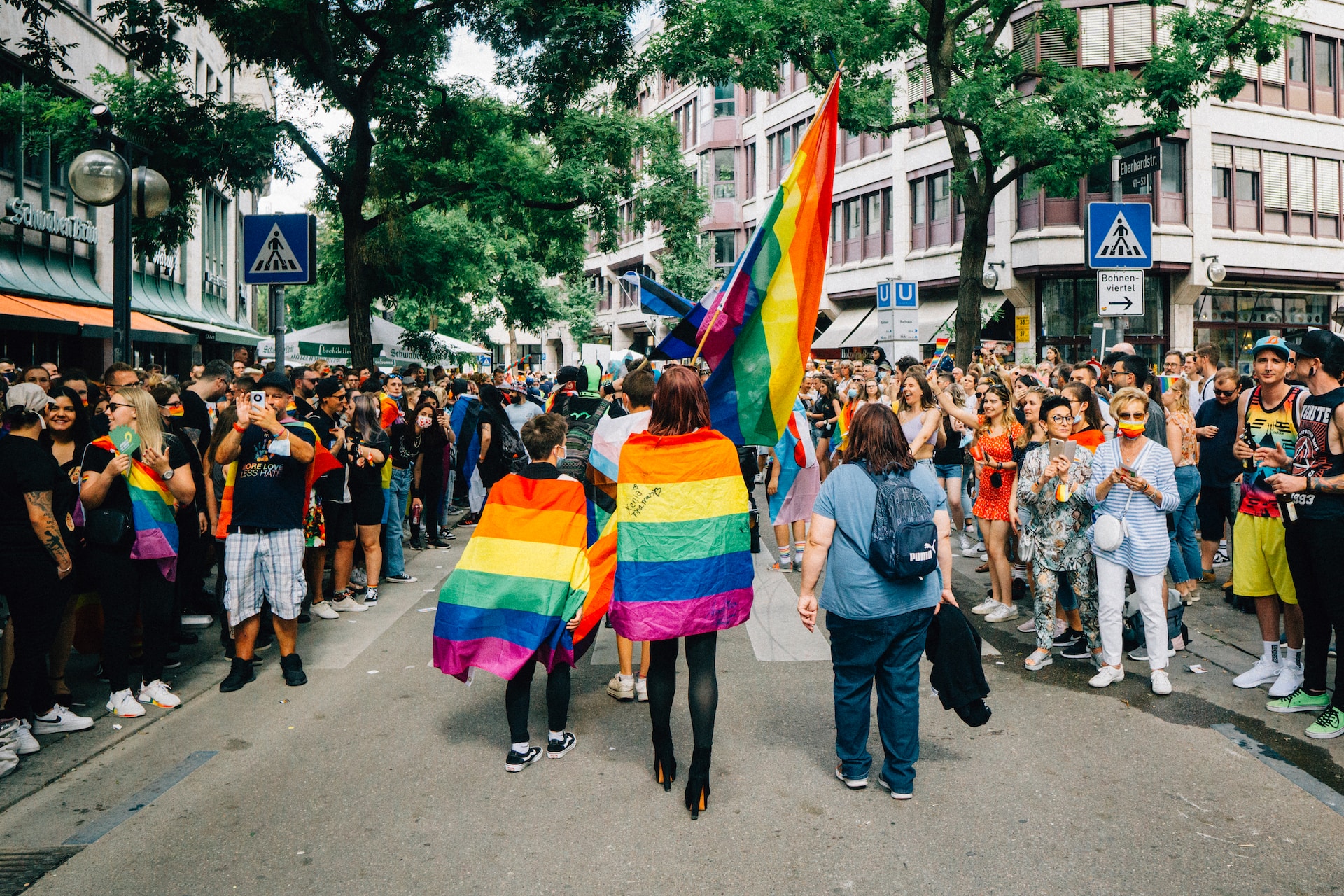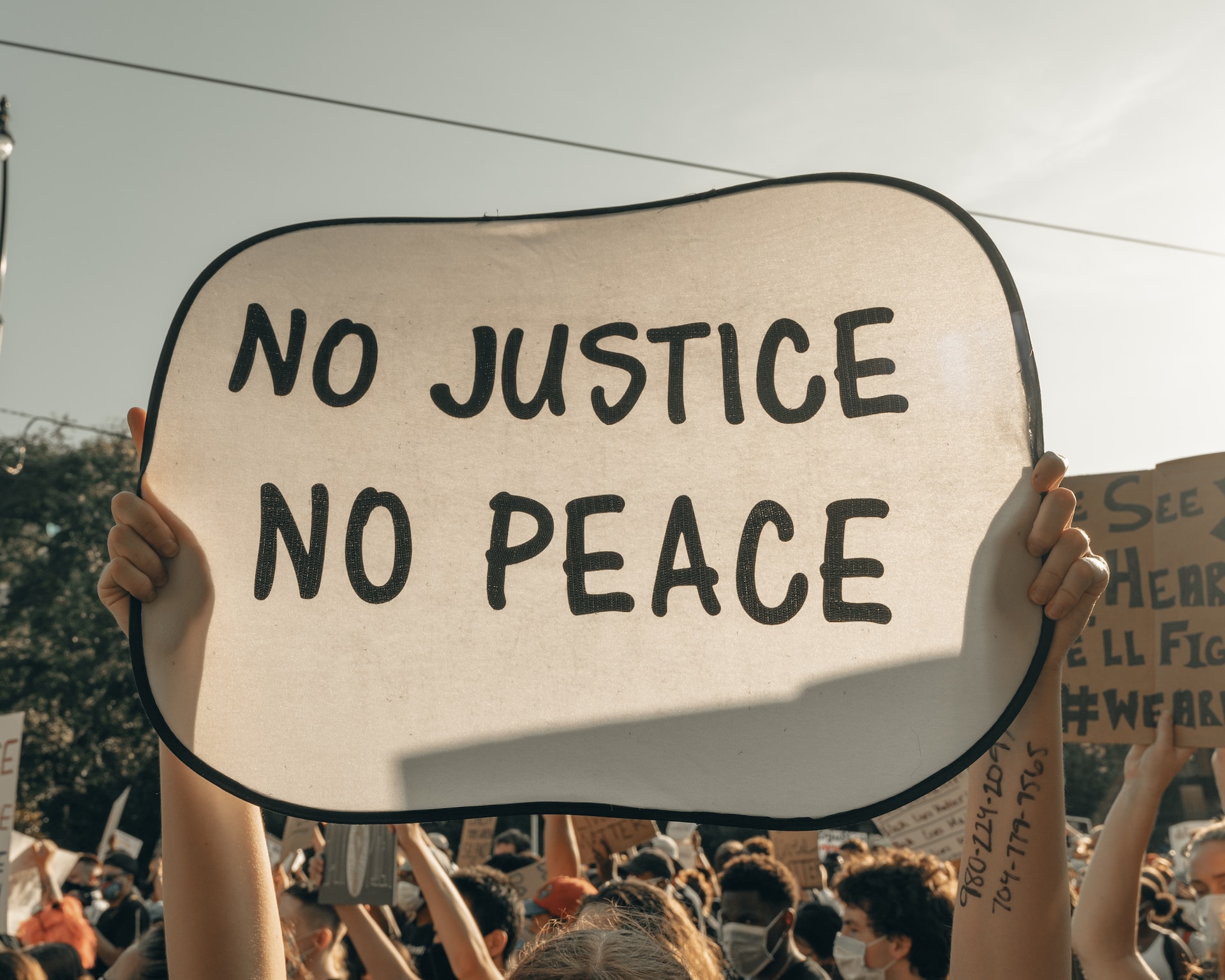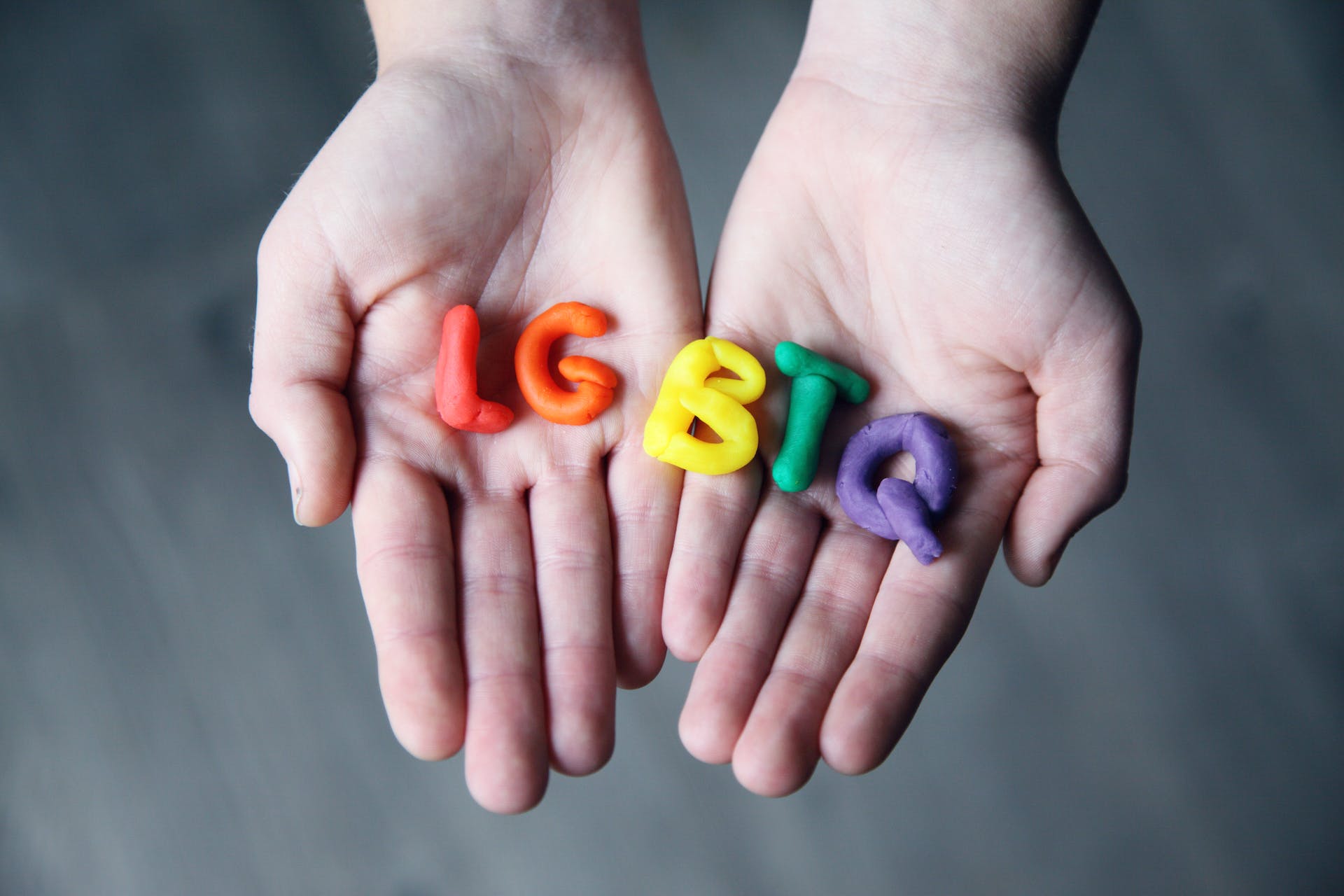‘Thirsty Suitors’: A Game Where Dance Battles and Family Ties Take Center Stage

In an era where authentic cultural representation is becoming increasingly significant, “Thirsty Suitors” emerges as a vibrant addition to the indie gaming scene. This whimsical role-playing game centers on Jala, a South Asian bisexual woman whose journey through familial expectations and past relationships is as emotionally resonant as it is playful.
Jala’s Journey Home
After returning to her quiet hometown, Jala encounters a series of challenges, including a judgmental mother and a line-up of exes she has left discontented. But it’s not just romance and reconciliation on the agenda; Jala’s adventures also involve culinary quests and acrobatic skateboarding, all set against the backdrop of her uniquely immigrant experiences.
The Family Dynamic
The game portrays a touching family dynamic, with Jala’s father offering guidance and support in her endeavors. Whether he’s carrying her to bed reminiscent of her childhood or reviving her spirits after a defeat, her family’s role is crucial to her success.
Cultural Reflections in Modern Gaming
“Thirsty Suitors” finds its place alongside culturally poignant films like “Everything Everywhere All at Once” and “Turning Red,” reflecting the narrative depth of Asian immigrant stories. The game, available on computers and major consoles, is a second offering from Outerloop Games, expanding the studio’s repertoire with innovative quick-time events and turn-based dance battles.

A Rich Tapestry of Relationships
The game’s narrative, shaped by Meghna Jayanth, explores the complexity of relationships beyond the romantic sphere. It introduces players to a cast of characters, including Jala’s strict older sister and a formidable grandmother, each adding to the game’s rich cultural tapestry.
Celebrating Queer Brown Love
In “Thirsty Suitors,” the developers have dialed down the elements of homophobia to create a space that celebrates queer brown love. The game is an intentional shift away from the narratives of queer misery, instead choosing to revel in the joy and vibrancy of Jala’s world.
‘Thirsty Suitors’: A Game of Depth and Delight
Spanning six to ten hours of gameplay, “Thirsty Suitors” is packed with engaging side activities, including a “Thirstsona” dating quiz that adds a playful yet insightful touch. With its unique storytelling and celebration of cultural and queer identities, “Thirsty Suitors” is set to be more than just a game—it’s a jubilant expression of life’s complex dance.
©equalityvoices.org


















